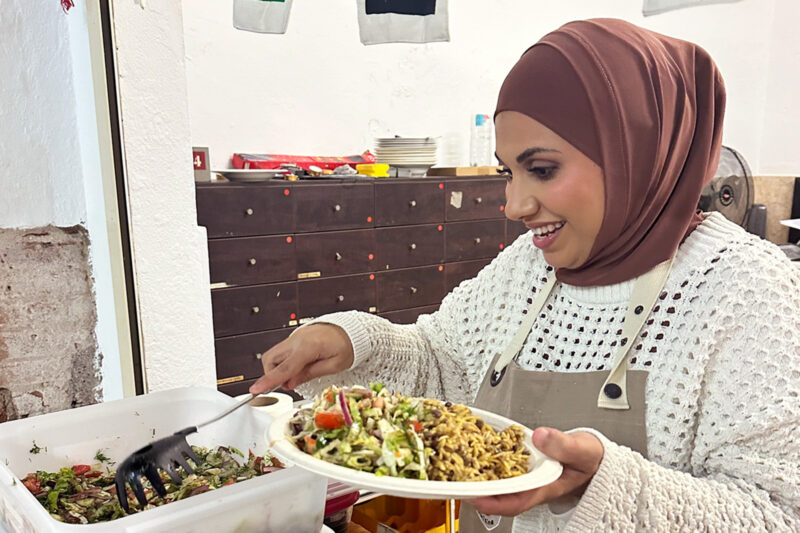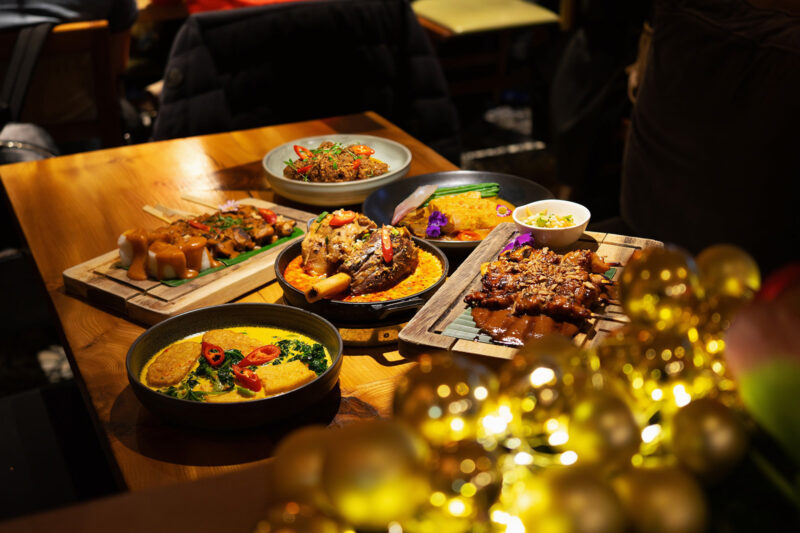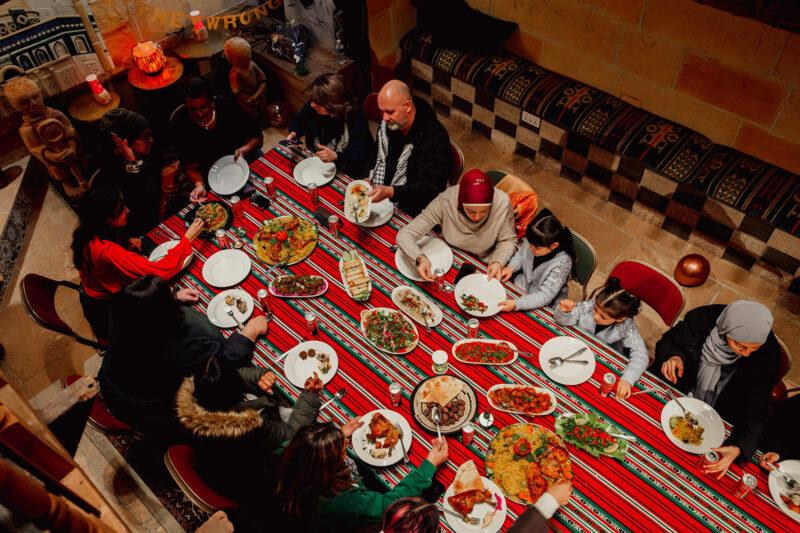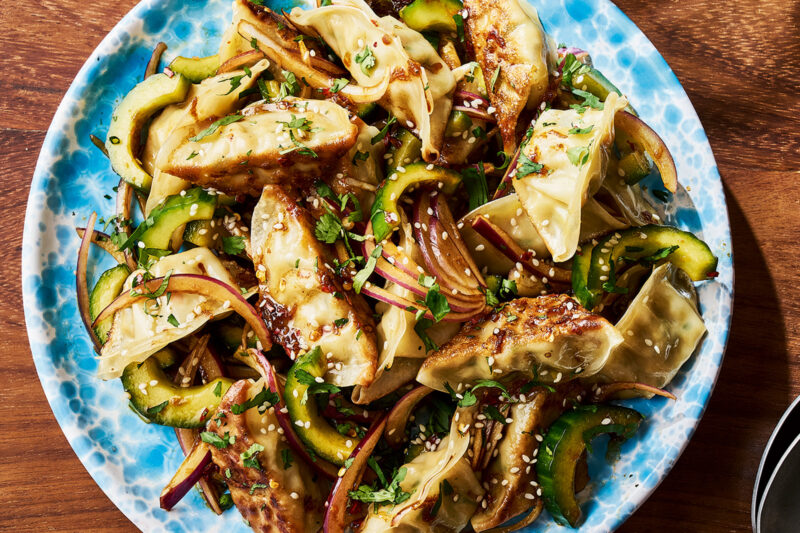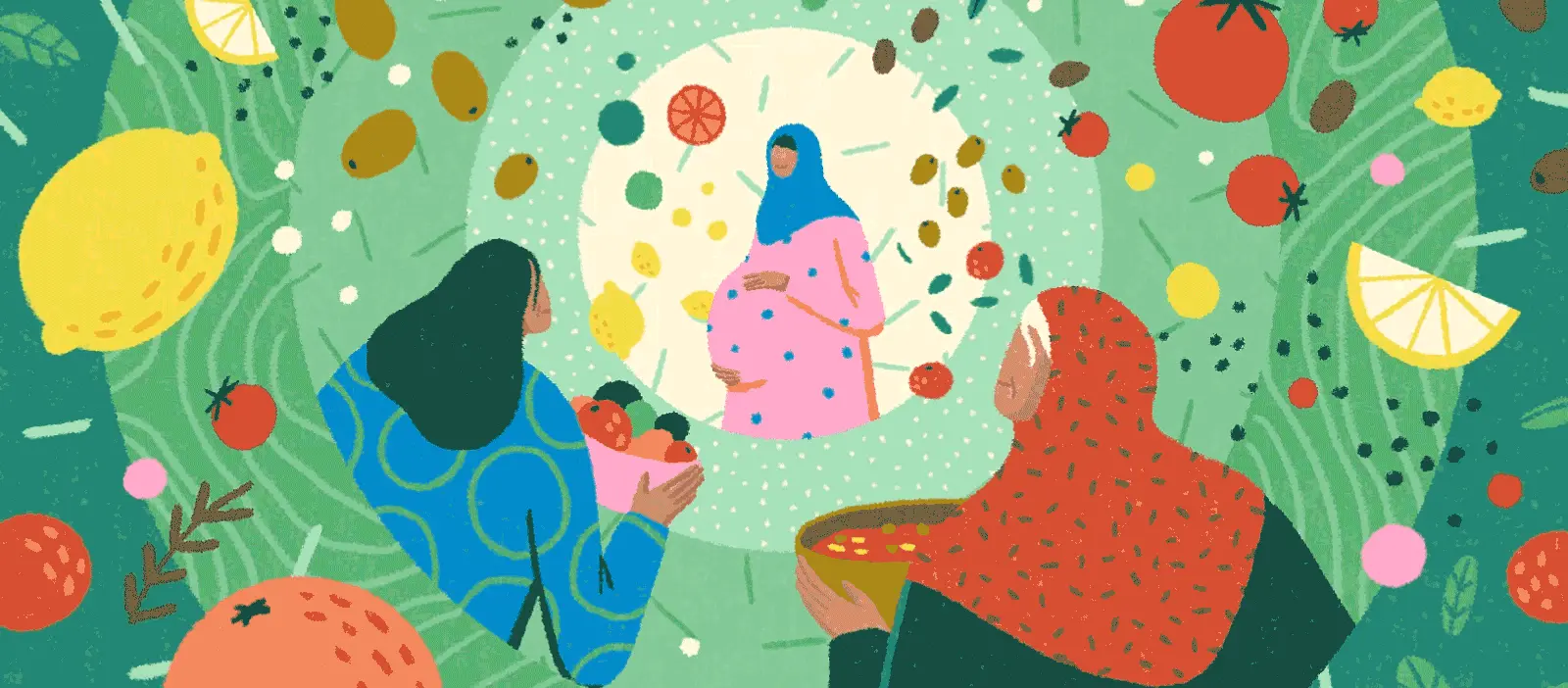
When eating is healing
Across cultures and generations, many foods are viewed as restorative and beneficial to our health. Now much of that age-old wisdom is being proved by science
If, as the old saying goes, you are what you eat, then I must be a hodgepodge of rice, karahi paneer and chocolate-almond croissants. Of course, that’s not what those words really mean. Rather, they point to the simple fact that what we consume directly affects our health.
While that’s an obvious message, many of us struggle with such a utilitarian perspective. For every person who considers food solely as fuel for busy, economically productive lives — an idea embodied by city workers chugging meal replacement drinks such as Huel — there is another for whom it is a passion: something to get excited and geek out about.
Then there are those who view what we eat as a pathway to better health. I don’t mean Gwyneth Paltrow, the unstoppable “wellness” trend or the toxicity of diet culture. What I’m talking about is the wisdom passed down for generations about healing foods — some of which is now scientifically proven.
Across cultures, there are some almost universally accepted beliefs about which foods are good for certain complaints. Lemon, honey and ginger as a treatment for coughs and colds is just one example. In Ethiopia those ingredients are brewed with whole spices including cloves to create “special shai”, which is viewed as a necessity in the rainy season. In Zimbabwe, the combination carries the deliciously magical name of “concoction” – a potion believed to cure all ills. Even the NHS says that honey is as good for coughs as over-the-counter cough syrup.
Meanwhile, chicken soup — also known as “Jewish penicillin”— has long been seen as a cure for ailments from the common cold to asthma, weight gain and even leprosy. Again, while some of those claims are far-fetched, scientific research has shown that it can reduce inflammation and act as a decongestant.
Three years ago, while pregnant and suffering from extreme and debilitating morning sickness known as hyperemesis gravidarium (HG), I found myself turning to traditional Bengali remedies. For the first time in my life, I couldn’t bear food. The smell, the taste, the sight, even the thought of it was enough to make me reach for the sick bucket. My aversion was so severe that I became unable to scroll through Instagram because my algorithm was so strongly anchored in cookery videos, from Tiny Kitchen to Bangla Ranna Ghor.
As well as making me feel physically horrendous, it took a serious emotional and mental toll. I could not engage with food as a source of pleasure, nor could I keep it down as fuel. But I still needed to eat. The only option left was to treat food as a medicine. The internet repeatedly turned up the same infuriating advice: nibbling on ginger biscuits and salted crackers, sipping ginger tea and recommendations to “never have an empty stomach”. All pretty difficult when your body is spontaneously purging itself every half hour.
Desperate, I reverted to family wisdom born out of experience. As it turned out, my grandmother, mother and sister had all suffered from extreme morning sickness while pregnant. Less was known about HG then, but given that it can run in families, it is likely that they also had it. “Lemon,” advised my grandmother on the phone. “Slice some and just smell it.”
It wasn’t even a recommendation to eat the fruit, but about using it for therapeutic purposes. Despite my initial scepticism, I tried it. The lemon didn’t stop the vomiting entirely, but it sometimes took the edge off and made the nausea a little less violent. The citrus notes were also a welcome relief in a world where absolutely everything, from cleaning products to the smell of my fridge and even walking past a cafe with an open door, was enough to make me throw up.
Another great source of advice was, unexpectedly, my father. He had witnessed female family members battling morning sickness and recommended that I try to eat small amounts of sour foods, such as lemon, lime and olives. Following his recommendation, I sliced up some turmeric root and bottled it with lemon juice and salt. I nibbled a couple of slices several times a day and the astringency sometimes managed to stave off the vomiting.
Eating sour foods is considered particularly beneficial for women in Bengali culture, with specific dishes such as tok (also known as tenga) being prepared for those who are pregnant. For the dish, sour green mangoes, tamarind, citrus fruits or olives are prepared in a thin broth and served with rice. This tradition is supported by science, with citrus foods being a good source of folic acid, which is especially important during pregnancy.
Another pregnancy-related piece of food advice was to eat dates when I was nearing my due date, based on the belief that they can help soften the cervix and prepare it for labour. The Qur’an shares this in the verse Surah Maryam: 23-26, and the benefit of eating dates in pregnancy is also backed by modern science.
All too often, traditional remedies are dismissed as “old wives’ tales”, a phrase rooted in both misogyny and ageism. While some may well be tales, I cannot believe that so many generations’ worth of women’s wisdom is based on absolutely nothing. Within it there are kernels of truth and comfort, even if it’s just knowing that previous generations have experienced the same things and you will get through them too.
 Newsletter
Newsletter








